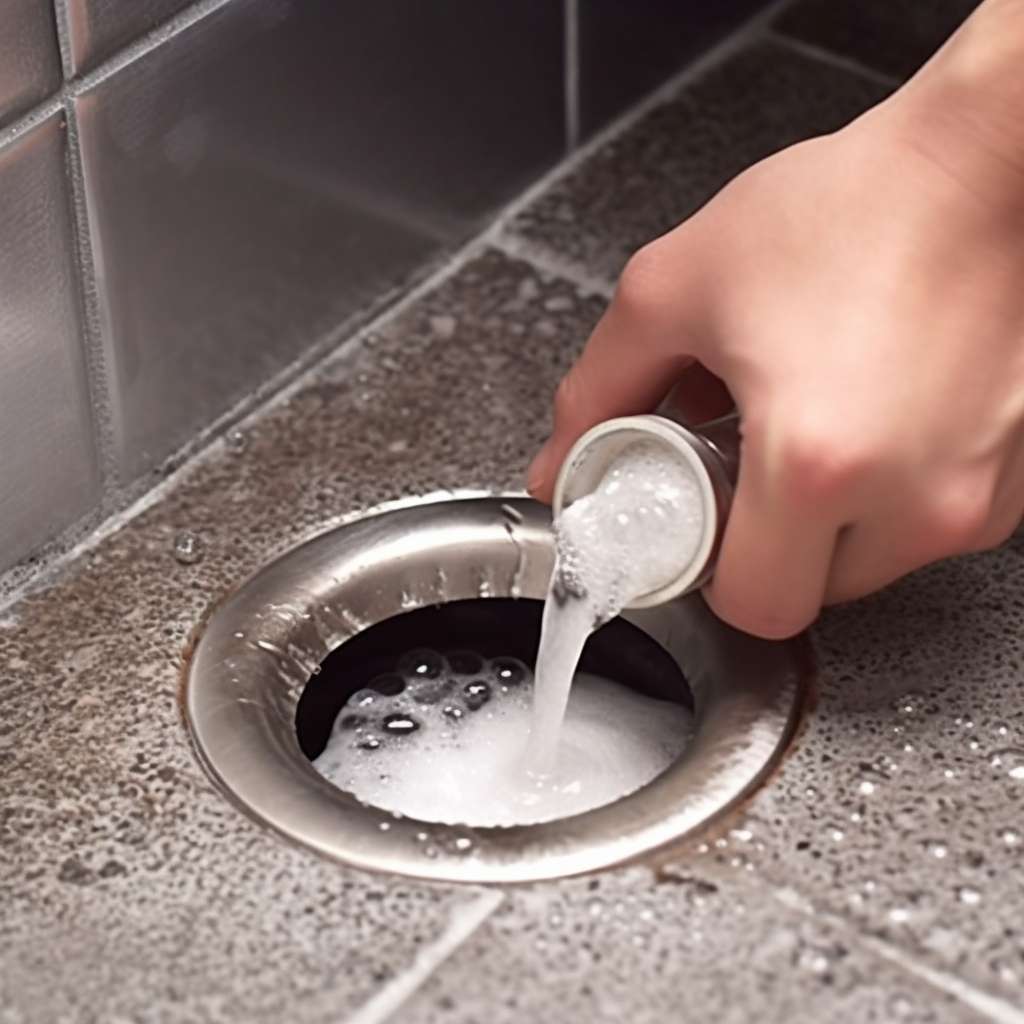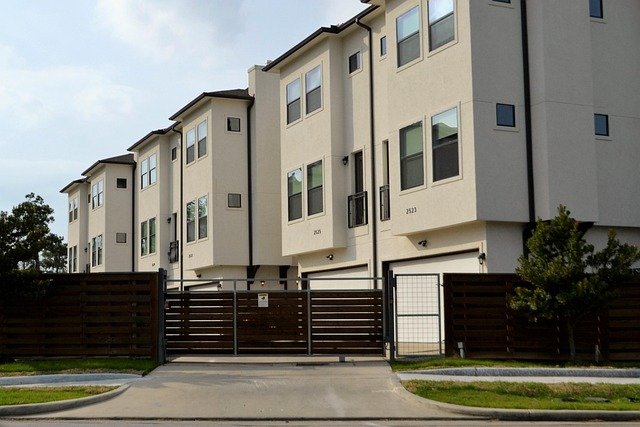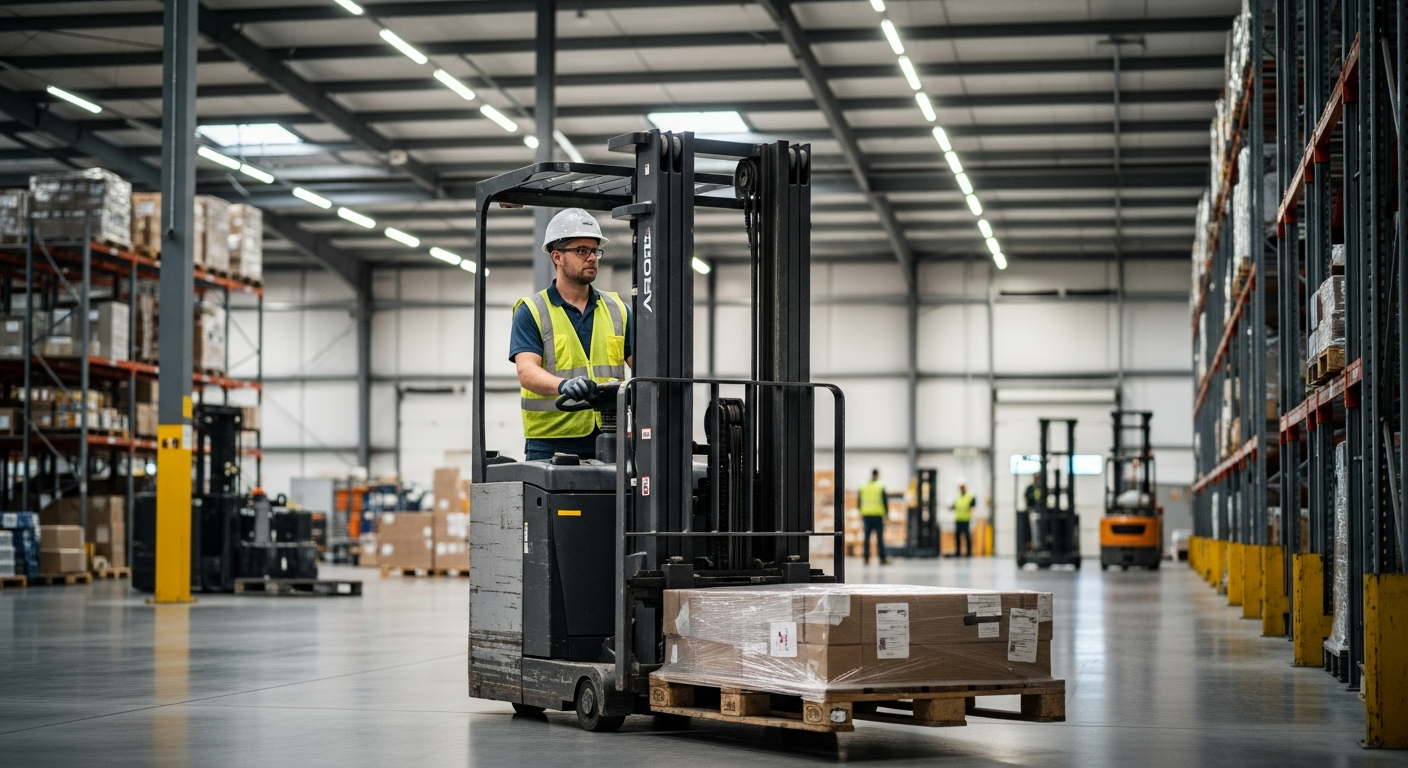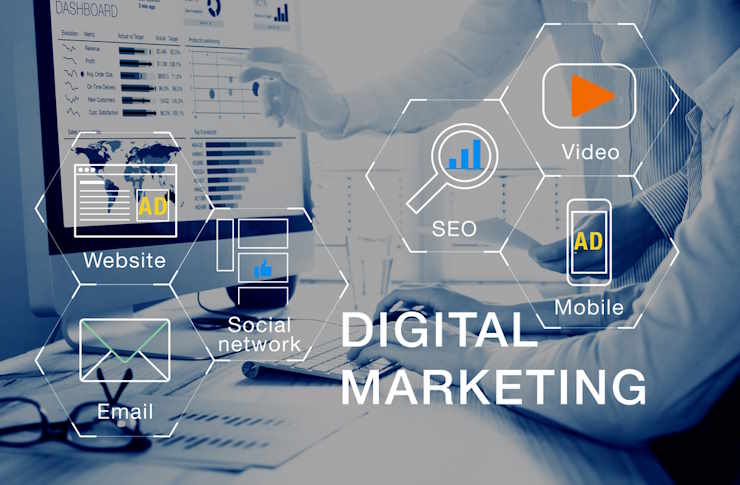Cleaning Services Worldwide: Service Types, Hygiene Practices, and What to Confirm Before You Choose
Navigating the world of cleaning services requires understanding the various options available and how they differ across regions. From residential housekeeping to specialized commercial sanitization, the cleaning industry offers diverse solutions tailored to specific needs. Before hiring a cleaning service, it's essential to understand service types, hygiene standards, and important questions to ask potential providers.

The cleaning industry spans a vast array of specialized services designed to maintain cleanliness, hygiene, and order in various environments. Whether for residential homes, commercial spaces, or industrial facilities, professional cleaning services have evolved to address specific cleaning challenges with specialized techniques, equipment, and expertise. Understanding the landscape of cleaning services worldwide can help consumers and businesses make informed decisions when selecting the right provider for their unique needs.
Types of Cleaning Services Across Regions
Cleaning service offerings vary significantly across different regions and countries, reflecting local needs, cultural preferences, and regulatory environments. In North America and Europe, residential cleaning services typically include regular housekeeping, deep cleaning, move-in/move-out services, and specialized treatments like carpet cleaning. Commercial cleaning in these regions often encompasses office maintenance, retail space cleaning, and healthcare facility sanitization.
In Asia, cleaning services frequently include additional offerings such as shoe polishing, garment care, and more extensive household management. Middle Eastern markets often emphasize high-end residential services with specialized staff for different areas of the home. Latin American cleaning services commonly integrate household staff into family structures, with longer-term employment relationships rather than service-based transactions.
Industrial cleaning services worldwide include specialized factory maintenance, warehouse cleaning, and hazardous material handling, though regulations governing these services vary significantly by country and region.
Dry Cleaning Workflow — Inspection, Stain Treatment, Pressing, Labelling
Professional dry cleaning follows a systematic workflow designed to preserve garment quality while removing stains and soil. The process begins with thorough inspection, where technicians examine items for stains, damage, and special care instructions. Each garment receives individual attention, with technicians noting specific areas requiring treatment.
Stain treatment follows, with specialized solvents applied to specific stain types. Different solutions address oil-based, water-based, protein, or tannin stains. After pre-treatment, garments enter the dry cleaning machine, where they’re cleaned with chemical solvents instead of water, preventing shrinkage and damage to delicate fabrics.
Post-cleaning, garments undergo pressing to remove wrinkles and restore proper shape. Industrial pressing equipment applies precise heat and pressure combinations tailored to different fabric types. The final step involves careful labeling and packaging, where items are tagged, covered with protective materials, and organized for customer pickup. Quality control checks occur throughout this process, ensuring each garment meets established standards before customer delivery.
Visit Frequency, Scheduling, and Scope of Work
Determining the appropriate cleaning schedule depends on several factors including space usage, occupancy levels, and specific cleaning requirements. Residential cleaning services typically offer weekly, bi-weekly, or monthly visits, with frequency adjustments based on household size, presence of children or pets, and homeowner preferences. Commercial spaces often require more frequent service, with high-traffic areas like lobbies and restrooms sometimes needing daily attention.
The scope of work should be clearly defined in service agreements, detailing which tasks will be performed during each visit. Standard residential cleaning typically includes dusting, vacuuming, mopping, bathroom sanitization, and kitchen cleaning. Additional services like window washing, appliance cleaning, or baseboards might be scheduled less frequently or incur additional charges.
Commercial cleaning scopes vary widely based on facility type, with office cleaning focusing on workspaces and common areas, while medical facilities require specialized disinfection protocols. Seasonal adjustments to cleaning schedules are common in many regions, with deeper cleaning often scheduled during spring or before major holidays.
Site Hygiene Practices, PPE, and Chemical Labels
Professional cleaning services implement comprehensive hygiene practices to ensure both cleanliness effectiveness and worker safety. Color-coding systems for cleaning tools help prevent cross-contamination, with different colored cloths and equipment designated for specific areas like bathrooms, kitchens, or general surfaces. Microfiber technology has become standard in many operations, capturing more particles than traditional cleaning materials.
Personal Protective Equipment (PPE) requirements vary by task and chemical exposure risk. Standard PPE includes gloves, eye protection, and sometimes respiratory protection when working with strong chemicals or in dusty environments. In healthcare settings or during pandemic conditions, additional PPE like gowns or face shields may be required.
Chemical management is a critical aspect of professional cleaning operations. Proper labeling systems ensure all cleaning products are clearly identified, with Safety Data Sheets (SDS) readily available. Many services have transitioned toward green cleaning solutions with lower environmental impact and reduced health risks. Worker training on chemical handling, dilution procedures, and emergency protocols is essential for maintaining safe cleaning environments.
Questions to Clarify with a Provider Before Service Begins
Before engaging a cleaning service, several key questions should be addressed to ensure alignment of expectations. First, inquire about the company’s hiring practices, including background checks, training procedures, and staff turnover rates. Understanding who will be entering your space and their qualifications provides important security assurance.
Request detailed information about included services and potential additional charges. Ask: “What specific tasks are included in standard service?” and “Which items require supplemental fees?” Clarify scheduling flexibility, including policies for rescheduling, cancellations, and potential emergency cleaning needs.
Insurance coverage and liability protection are crucial considerations. Confirm the provider carries adequate general liability insurance and worker’s compensation. Ask about their policy for handling accidental damage to property. Additionally, discuss security procedures, including key handling, alarm codes, and confidentiality practices, especially for commercial environments with sensitive information.
Comparing Professional Cleaning Service Providers
| Provider Type | Typical Services | Key Differentiators | Average Cost Range |
|---|---|---|---|
| Local Independent Cleaners | Basic housekeeping, customized services | Personal attention, flexibility | $25-40/hour |
| Regional Franchise Companies | Standardized residential/commercial cleaning | Consistent protocols, guaranteed service | $40-60/hour |
| National Cleaning Chains | Comprehensive service packages, specialized treatments | Advanced equipment, extensive training | $50-75/hour |
| Eco-Friendly Specialists | Green cleaning using sustainable products | Environmental certification, reduced allergens | $45-70/hour |
| Industrial Cleaning Services | Heavy-duty cleaning, hazardous material handling | Specialized equipment, regulatory compliance | $75-150/hour |
Prices, rates, or cost estimates mentioned in this article are based on the latest available information but may change over time. Independent research is advised before making financial decisions.
When selecting a cleaning service provider, consider not only cost but also reputation, reliability, and alignment with specific cleaning needs. Many providers offer initial consultations or estimates, providing an opportunity to assess professionalism and communication before commitment. Request references from current clients with similar properties or requirements, and verify all licensing and insurance documentation.
Cleaning services worldwide continue to evolve with technological advancements, changing environmental standards, and shifting consumer preferences. By understanding service types, hygiene practices, and asking appropriate questions before engagement, consumers can select providers that best meet their specific cleaning requirements while maintaining safety and quality standards.




